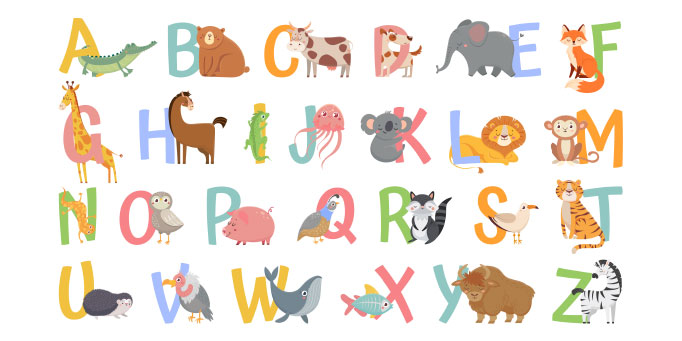
Have you ever wondered why so many baby books are all about animals? I hadn’t really thought about it until this year when I started dusting off our old books to read to our newest son. I had forgotten just how many of them consist solely of the names and pictures of animals, most of which our baby will only ever encounter if we visit a zoo or a farm.
I find myself naturally pointing out the animals around us too—‘birdy’, ‘doggie’, ‘pussy cat’. When our baby sees the animal I’m pointing to, his face spreads into a smile, and he starts babbling and flapping his arms in delight.
I wouldn’t be surprised if our baby’s first word is ‘da’ for Daisy, our green-eyed grey and white cat. After all, one of his older brothers’ first words was ‘bok’—that was back when we had a few chooks.
A deeply human activity
I’ve been thinking: naming animals is actually a deeply human thing to do. In Genesis chapter 1, it is God who does the naming: ‘day’, ‘night’, ‘sky’, ‘land’, ‘seas’. But by chapter 2, when it comes to the animals, God hands over to Adam:
Now the Lord God had formed out of the ground all the wild animals and all the birds in the sky. He brought them to the man to see what he would name them; and whatever the man called each living creature, that was its name. So the man gave names to all the livestock, the birds in the sky and all the wild animals. (Genesis 2:19–20)
Naming animals is part of our human mandate—to rule over God’s creation, working and taking care of it on God’s behalf. It’s no wonder that we instinctively teach our children to name animals from an early age!
Here are four more reasons why this everyday activity might be more important than you think.
Keep reading over at Growing Faith, a Christian online magazine for parents. Find out more about Growing Faith and subscribe to our monthly e-newsletter here.

Leave a Reply